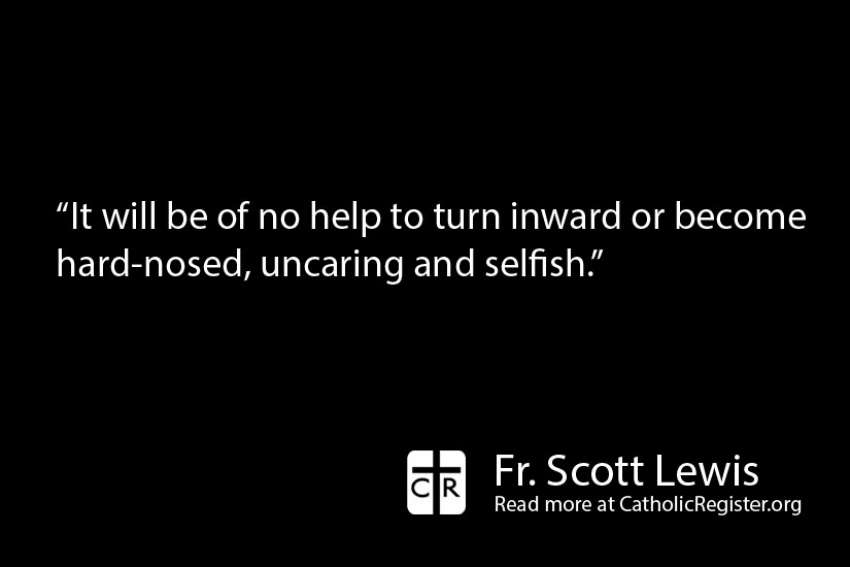The vision is captivating: weapons turned into useful instruments of peace and a cessation of learning the ‘art’ of killing people. People will have answers to their questions and will have a deep and personal knowledge of God. Unfortunately, the swords and spears never seem to find their way to ploughshares and pruning hooks, often only morphing into new and more terrifying weapons.
Instruction of God’s ways also suffers — God is either rejected altogether or competing interpretations of God drive people apart, even to the point of hatred and violence. Then how is it a prophecy?
Rather than a prediction of the future, Isaiah presents this vision as God’s wish and dream. Humanity must be open to receiving that instruction, and we need to understand that peace and prosperity only occur when we change our ways.
Today this vision seems at times an illusion — even ludicrous. The uncertainty and fear of our time has led many around the world to choose a path characterized by xenophobia, selfishness, bigotry, racism, sexism and calloused indifference to the world-wide common good.
It would be very easy to give in to waves of cynicism and hopelessness, or to resort to similar attitudes and tactics. We have been in similar situations many times in history. They are always a test of our character, commitment and spiritual depth. We dare not fail.
Those who heed God’s call, knowingly or not, are called upon to bear down with even greater commitment to the world’s poor, marginalized and vulnerable. This is the time when we walk in faith and hope, led by the vision of God’s future, and do all in our power to make it a reality.
We cannot forget who we are and what we stand for. Today’s passage ends with an invitation and exhortation aimed at each one of us: “O house of Jacob, come, let us walk in the light of the Lord!”
The Letter to the Romans follows with similar advice: It is time to wake up, for the night is far gone and the day is near. We might not be aware of this — it may seem to us that day will never come, but it will. The most effective tool we have in these times is our way of life.
Paul exhorts us to put aside the deeds of darkness, which are often in the form of the selfish and negative attitudes. Paul also urges us to don the armour of light. This consists of faith, hope and love, as well as a commitment to our fellow human beings and to the world in which we live.
Unforeseen disasters overtake people amid their normal, everyday activities. When people get up in the morning, they rarely muse on the possibility that it might be their last day on earth. Plane crashes, fires, terrorist attacks or sudden medical emergencies can all conspire to prevent their plans and appointments from being fulfilled.
Often, however, there are ample signs and cautions. The people in Noah’s time received warnings, but that curious human trait called ‘denial’ prevented them from paying heed. People continued on their merry way.
We too have been given many warnings — these include the environmental crisis, the growing chasm between the rich and poor, the disintegration of human communities and the increase of violence and threat of war, to name just a few. These warnings need to be taken to heart, and a choice made not to join the growing ranks of fact-resistant people.
It will be of no help to turn inward or become hard-nosed, uncaring and selfish. The solution is not hidden away or difficult to understand; it is written all throughout the Bible. Care for one another, live justly and build just and human societies. Work for the common good and care for the world that God has given us.
Above all, walk in compassion, generosity, gratitude and mercy. Many have fallen asleep. Let us keep awake and be ready to meet God at any moment.


